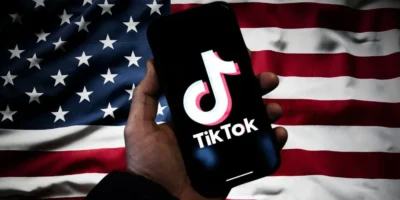VPN provider ExpressVPN is facing a class-action lawsuit from a U.S. customer who claims the company charged him for its service without his consent through an “illegal” auto-renewal system. The lawsuit is the latest legal challenge targeting a common but often frustrating practice in the VPN industry.
According to the lawsuit, a customer named Timothy Millar signed up for a one-month plan in 2022, believing it was a one-time purchase. However, the suit claims that ExpressVPN then enrolled him in a monthly auto-renewal plan without his knowledge or clear consent, which violates California’s Automatic Renewal Law.
The law requires companies to provide “clear and conspicuous” information about automatic renewal plans and get a customer’s “affirmative consent” before enrolling them. The lawsuit argues that ExpressVPN failed to do so and also engaged in false advertising by not being upfront about the recurring charges.
In response, ExpressVPN said it intends to defend itself. A spokesperson stated that the company has “always prioritized transparency” and that information about auto-renewal is “clear and highly visible” during the checkout process. They argue that the subscription model is designed to provide “uninterrupted protection” and that customers can easily turn off auto-renewal at any time.
This isn’t an isolated case. Rival company NordVPN is facing a similar lawsuit, and the law firm involved has investigated other major VPN providers for the same practices. These legal challenges could lead to a significant shift in how the VPN industry manages subscriptions.















